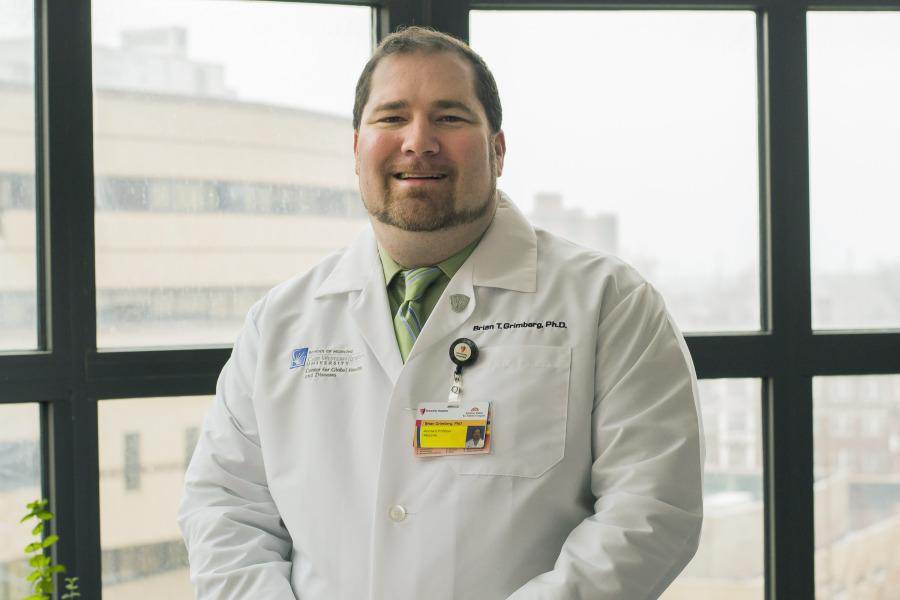International health professor named one of the 100 Leading Global Thinkers of 2014
Research focuses on malaria detection
Grimberg and his team found a new inexpensive malaria detection method that will allow health care workers to test everyone in a village for the disease.
December 4, 2014
Case Western Reserve University’s own Brian T. Grimberg, assistant professor of international health, was recently named one of the 100 Leading Global Thinkers of 2014 in Foreign Policy magazine. Grimberg was honored for his groundbreaking work on early malaria detection.
“We have a real chance to rid the world of malaria with a rapid, inexpensive and reliable diagnosis method,” he said. Grimberg and his team developed a scientific concept for a hand-held instrument to rapidly detect malaria.
The device magnetically detects a byproduct of the parasites that carry the disease. With the device, for the first time, health officials will be able to go into a village and screen everyone for malaria.
“With our new method, this is an achievable goal because of the decrease in the time and cost per use, which is 10 cents per person,” said Grimberg.
The goal is to find members of the community who may feel fine but are in fact carriers of the parasites who are maintaining malaria transmission.
Grimberg was inspired to complete the project when he found out that the currently used microscopic detection method can take up to an hour to perform. It is also only accurate 50 percent of the time. A five-year collaboration with the Department of Physics helped to yield his new detection method.
Even from a young age, Grimberg was interested in biology. At age 15, he was selected to be a part of the Governor’s Institute for the Gifted and Talented, run by Dr. Chris Cullis, who is currently the chair of biology at CWRU.
He went on to study medical research, mostly focusing on drug resistance.
“From tomatoes, to cancer cells, to yeast and now to malaria, I have been fascinated by the ability of organisms to eventually overcome most if not all of the drugs we have thrown at them,” said Grimberg.



